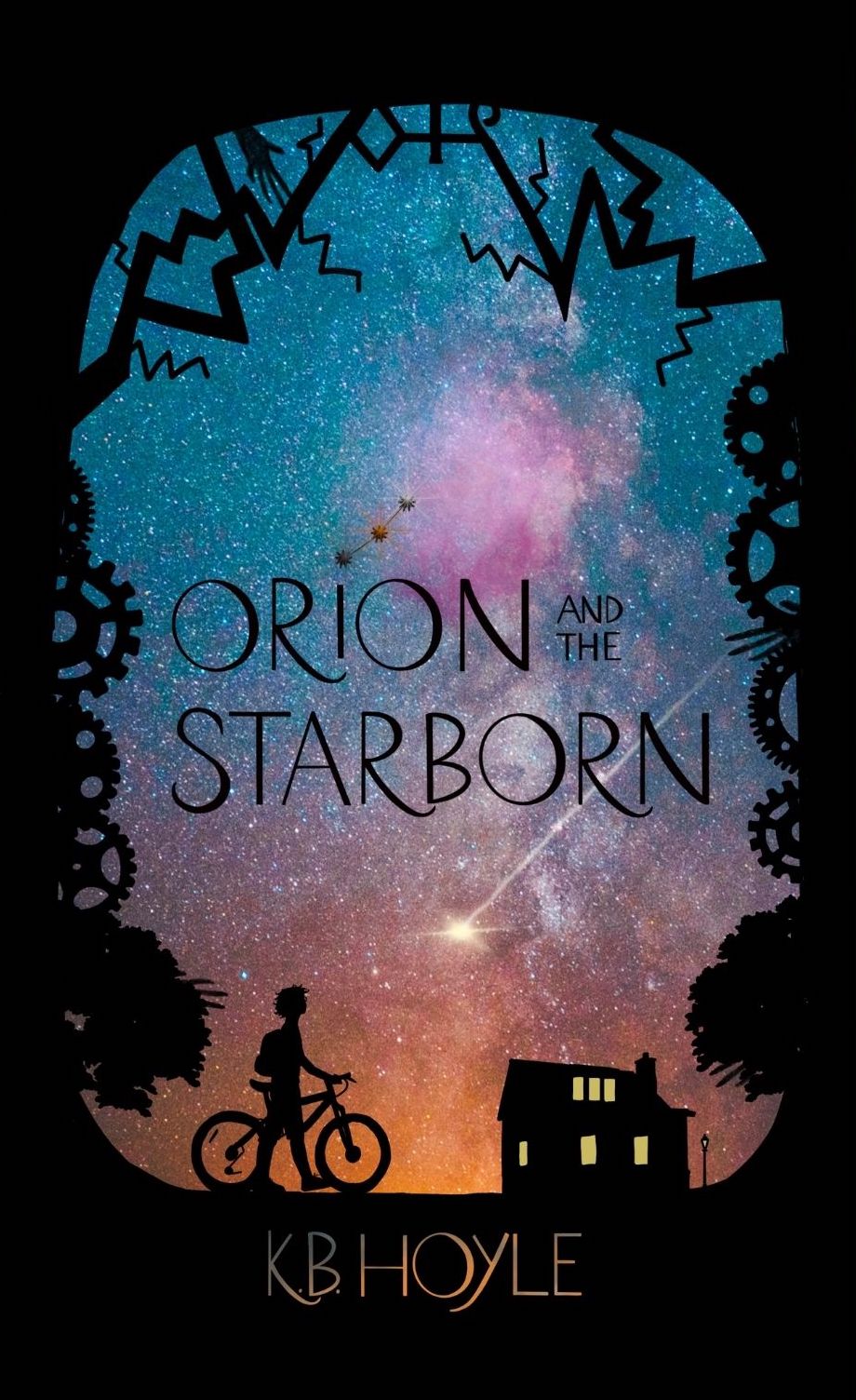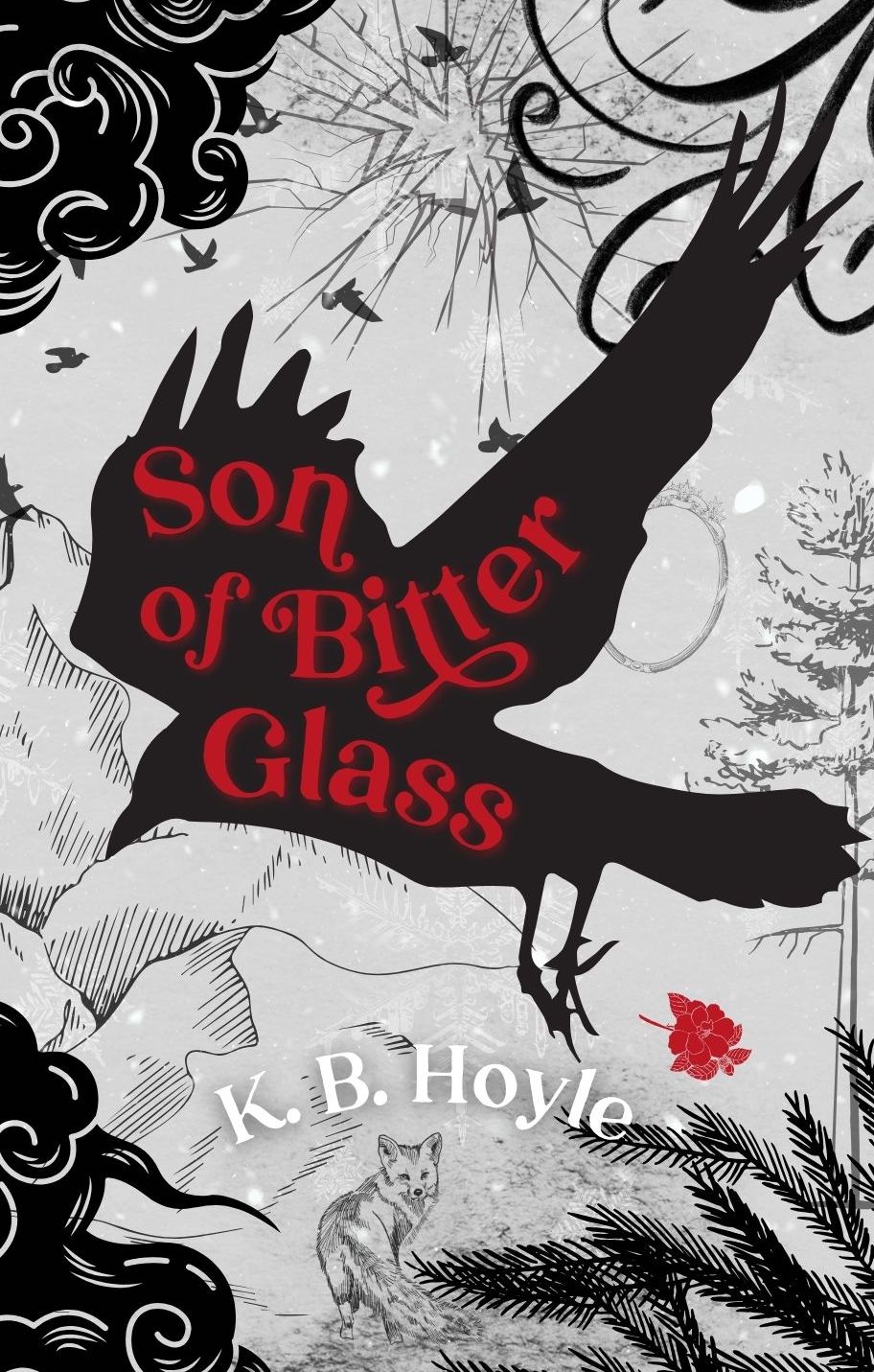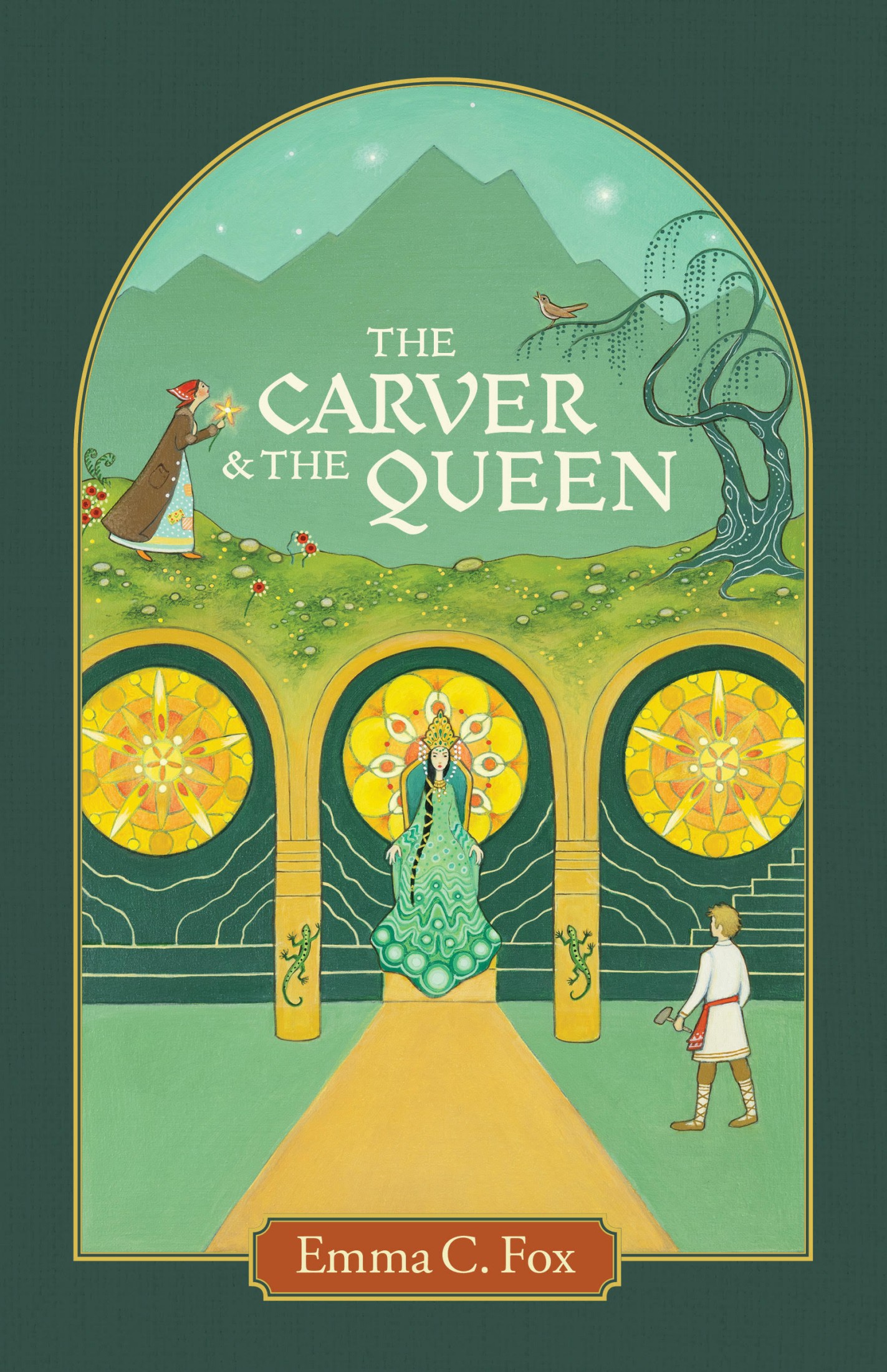‘I don’t know. I feel like maybe I’m meant for something more than this.’ He gestured around him and took a deep, shuddering breath, forcing air into his lungs. They felt too tight, as they seemed to so often these days, the air too thick. ‘I feel a little like I’m suffocating here, and I don’t know why.’
Made for more?
Orion Kim has a secret. In fact, he himself doesn’t even know he has this secret. Yet, as I believe is often true for fantasy protagonists, Orion has a nagging suspicion that there is more to his life than he’s been told. Life is almost too simple, too monotonous to be true. After a startling attack on a walk home, Orion learns that he is more than a mere human and that his life is not at all simple. Indeed, he’s not even from earth.
It is impossible not to see parallels to our modern day culture in Orion and the Starborn. Orion returns to the system of three planets that he was originally born in to find that there is a separation between the people. Those who are stellar are born with a mystical power and those who don’t have these powers are called solar. Even within those who are stellar there is a separation by the strength of their power, three separate “races” that seldom intermarry. It is a world that is unique on the surface, but evidences of prideful power and deep separation produces a nervous and even endangered people.
Our society has come a long way from the prejudice and injustice of our early years, though many refuse to acknowledge that there has been a change. Orion’s world is on the cusp of coming to the conclusion that we did long ago: that all men were created equal. But they are not there yet, good men still stand waiting in the shadows for the time to rise. Change can’t happen overnight, and it often needs a solid boost to even get started. Perhaps Orion will be the final weight that tips the scale.
As much as Orion and the Starborn mirrors both previous and current hostilities in American culture, this is not the main point of this book, which I greatly appreciate. To find literature from a publishing house that is not dripping with politically correct jargon, obnoxiously entitled characters, LGBTQ+ overtones, and other nonsense has become extremely difficult these days (aside from sticking to the old classics, which isn’t a bad plan). Orion is a wonderful book with an engaging plot, interesting but relatable characters, and beautiful world building.
The three main characters that we follow in this story are between 11-13, thus gearing this novel toward late elementary/junior high age readers. I found the characters to be awkward but endearing as all genuine pre-teen children are. The issues they face on a day to day basis – failing a test, being the target of bullies, coming late to class, developing new friendships that are sometimes awkward – will subconsciously draw in the reader as they find a common connection to these characters. K. B. Hoyle has masterfully crafted these characters, Orion specifically, to intrigue us. Beyond the intrigue lies a deeper purpose, however, which Hoyle also knows exactly how to develop.
A good reader must learn to not be charmed merely by the surface level intent of a book such as entertainment, emotionalism, etc. Instead, we must look deeper into every good novel to find and chew on the richest and most satisfying portions. As I have sat and mulled on this book today, I have been reminded of a few important concepts. The first is the foundation of all else: what is a life? The most basic answer is that life is a beautiful thing we all experience in varying levels of difficulty. To dig deeper, life itself is a gift, precious in the sight of it’s Creator and Giver. It remains subtle until the very end, but Hoyle calls out loudly, in a time of multiplying abortions and millions dead, that life is indeed to be highly prized (infant or otherwise) and it is worth protecting at all costs.
As I chew more on this book, I am also reminded why we as finite men are not given the knowledge of the future. To see what is to come creates a unique perspective in books and often is the beginning of a very good story. However, I am reminded of stories in which it is not beneficial to know what might be coming. For instance, consider Anakin Skywalker, in the first Star Wars trilogy, who fixated on a recurring nightmare that predicted the death of his wife in labor. In the end, (SPOILER ALERT: for those of you who haven’t watched all the Star Wars movies, maybe skip to the next paragraph) Anakin proves his own undoing. In seeking to find the answers for his future, his present turned into the nightmare he tried so hard to avoid. That may be an extreme example, but consider the implications for a moment.
What if God allowed us to know the future, at least part of it? Knees would weaken, arms would fall limp, minds would go blank in the shock of it all. If you knew what difficulty was coming towards you, would you be brave enough to keep waking up every morning? More than likely not. The same goes for joyful circumstances, however. Would you be content with your current status in life if you knew the promotion, marriage, children, work, etc. that would be coming soon? Probably not. We humans are never satisfied, even once we know things. Does our God not know best in calling us to let Him deal with the knowledge of the future and to live in the present where He has currently called us?
To bring it back to the book, Orion struggles with a strong desire to know who his parents, or at least his father, is and who he himself is. Who wouldn’t want to know that? But this knowledge might come at a high price; specifically, at the cost of his innocence and ability to remain outside societal conflict. With knowledge comes responsibility. This is a common principle that even rings true in the gospel message! As Romans 1:19-20 says, “For what can be known about God is plain to them, because God has shown it to them. For His invisible attributes, namely, His eternal power and divine nature, have been clearly perceived, ever since the creation of the world, in the things that have been made. So they are without excuse.” This speaks merely of general revelation, the fact that creation screams out that it has One Creator who is over all. Consider then how much greater the responsibility is that we have when we hear the specific revelation of God given in His word!
To read or not to read?
I happily have no problematic content to report here! Characters might occasionally curse using the word “ashes” which I find harmless enough. One girl kisses a boy quickly on the lips; however, this turns out to be a great embarrassment to her (I cheered, she deserves the embarrassment). The unique perspective that comes with a male lead character is that there is nothing close to romantic displayed in thought, word, deed, intention, or motivation. A girl pushing herself on a guy is seen as rather embarrassing, awkward, and obviously inappropriate. I haven’t read many authors who set up an interaction like this in such a way that, quite honestly, discourages the chasing of boys. Right on, K. B. Hoyle!
All in all, if you or your child enjoy fantasy and adventure, Orion and the Starborn is the next book for you. Watch out for that cliffhanger though . . .
Until next time, go read a good book!
![]()




